7 things you didn’t know are illegal to throw away
You shouldn't be throwing away these items — but probably are
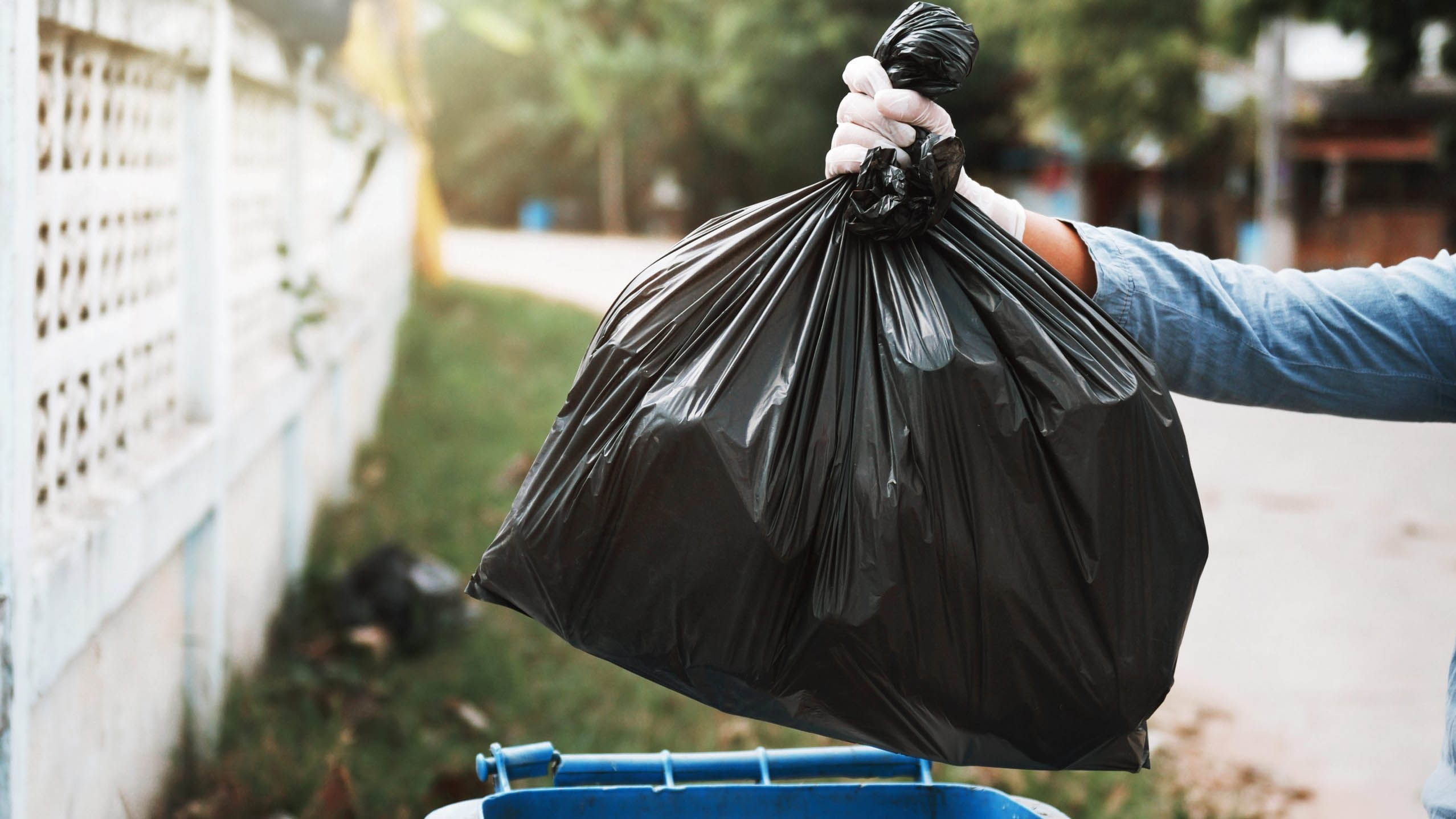
Whether it's everyday household items or you’re decluttering your home, we throw away and recycle tons of trash without thinking about it. However, did you know that you might be disposing of things that are illegal to throw away?
According to The Environmental Protection Agency (EPA), not only are landfills getting full, but there are certain household hazardous waste (HHW) that should never be thrown in the trash. This is simply due to their risk of causing fires, explosions, or even the release of toxic chemicals.
As a result, the EPA gives strict guidance for safe management of household hazardous waste (HHW), and has made such items illegal to dump in certain states such as New York City. And if it hasn’t yet been made illegal, it’s totally discouraged in most states across the country. If in doubt, always check current guidelines for your state online, with advice on how best to dispose of hazardous waste. Plus, you’ll be doing your part for the environment too!
So, if you want to know the items that don’t belong in your trash bin, check out these 7 common things you didn’t know are illegal to throw away.
1. Batteries
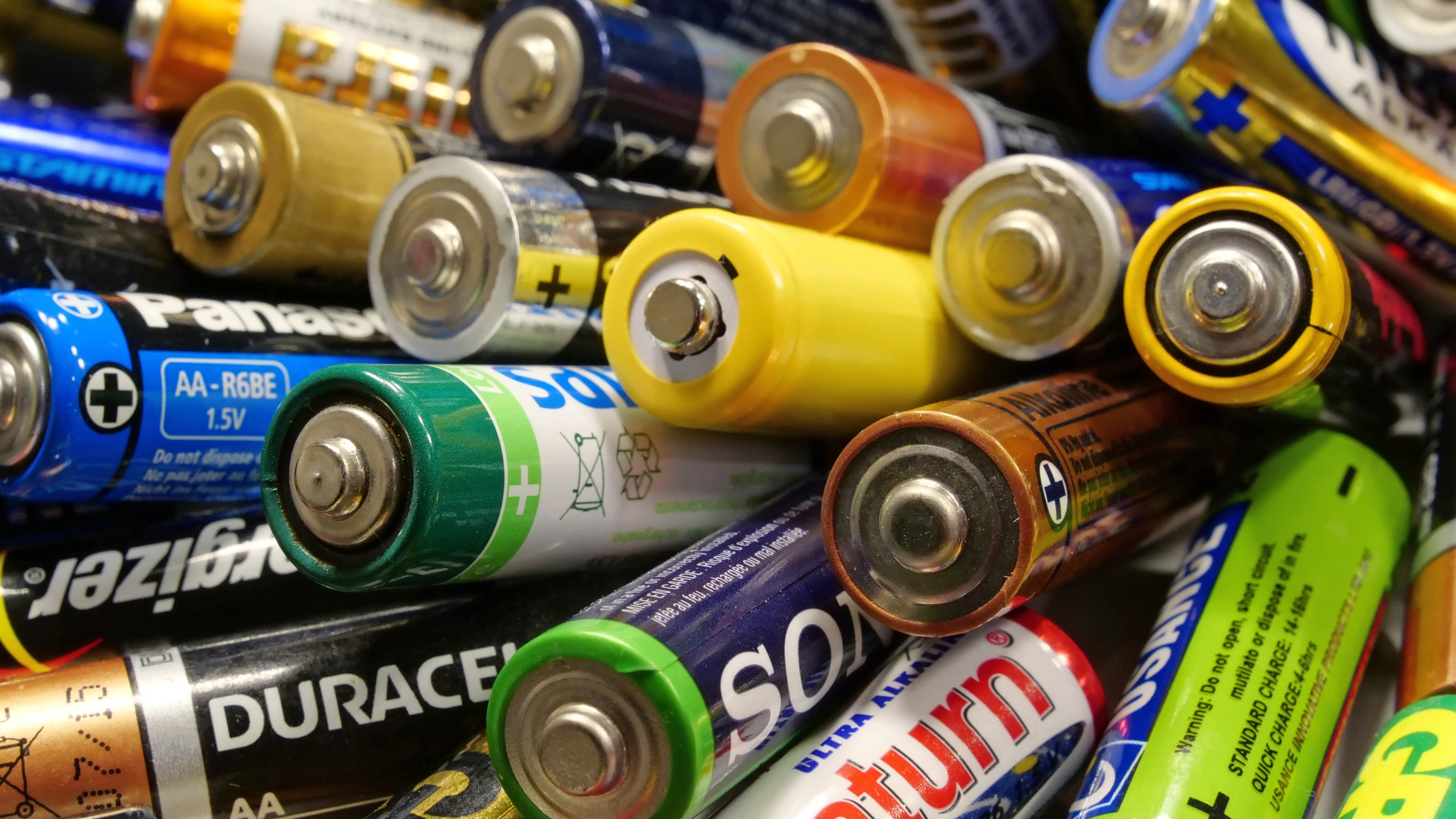
If your household gets through endless batteries for remote controls, children’s toys or other electronics, it seems convenient to throw the pile into the trash can. However, button cell/coin batteries, rechargeable, or uninterruptible power supply (UPS) batteries are all combustible and could cause a potential fire.
These must be taken to special disposal centres or a household hazardous waste (HHW) collection center in your area. This also applies to small sealed lead acid batteries found in some fire alarms, or in other security systems.
Although it’s generally safe to throw away standard alkaline batteries (AA, AAA, 9 volts), there are still battery collection points available at certain stores such as Home Depot and Best Buy. So it’s always a good idea to check with your local hardware stores.
Get instant access to breaking news, the hottest reviews, great deals and helpful tips.
2. Car batteries
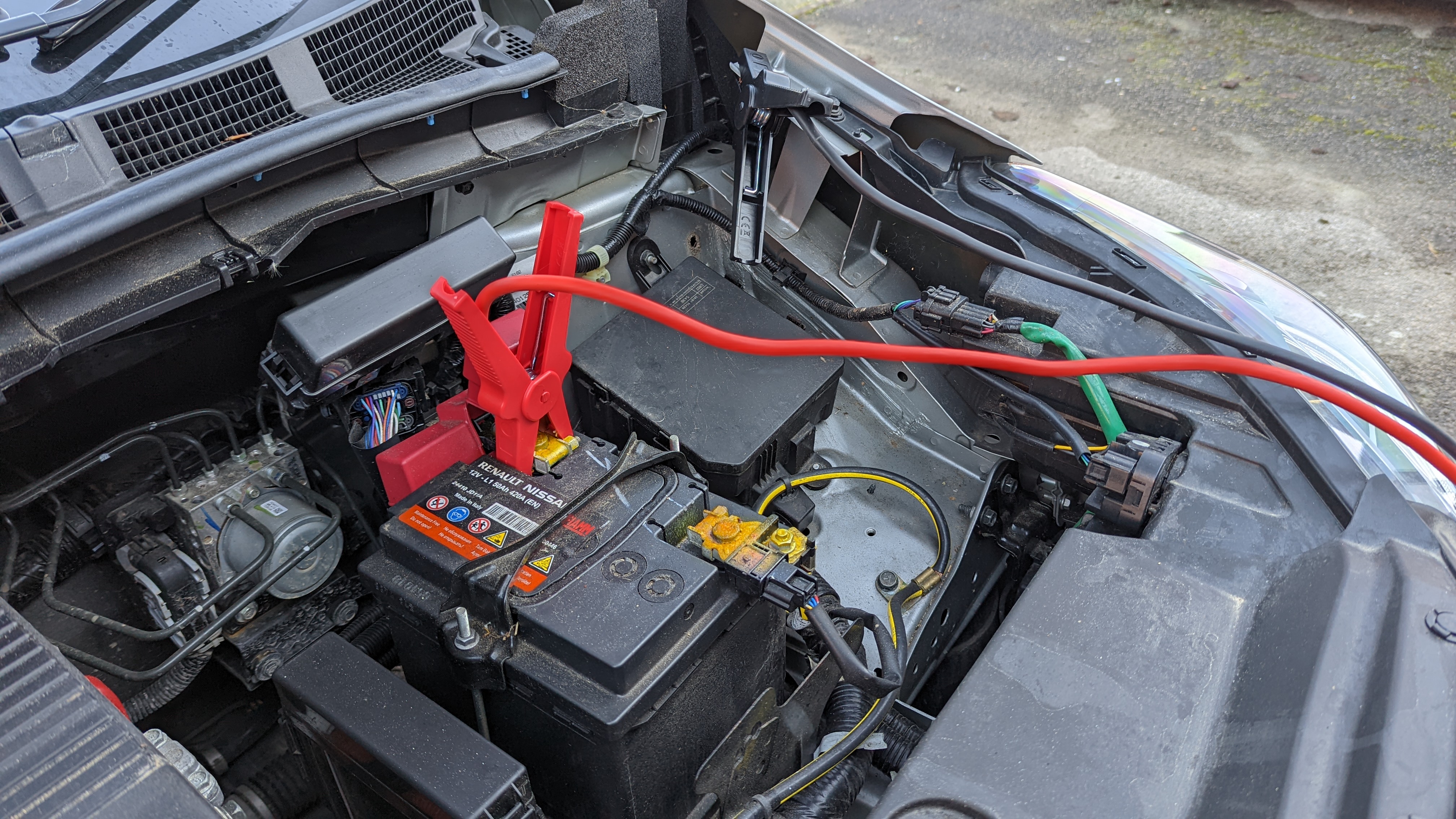
Similarly, never dispose of old car batteries in the general trash. These contain toxic substances such as lead and acid, which can be hazardous to humans and animals. What’s more, car batteries consist of hydrofluoric acid, which can cause irreparable damage to our lungs and eyes.
Depending on your retailer or specialist at an automotive shop who replaces your battery, they should be able to dispose of the old one. In any case, find out from your local recycling center where you can take car batteries, or drop it off to a professional. It’s common for most mechanics or automotive shops to have the resources for proper disposal, or if not, they can best advise you.
3. Electronics
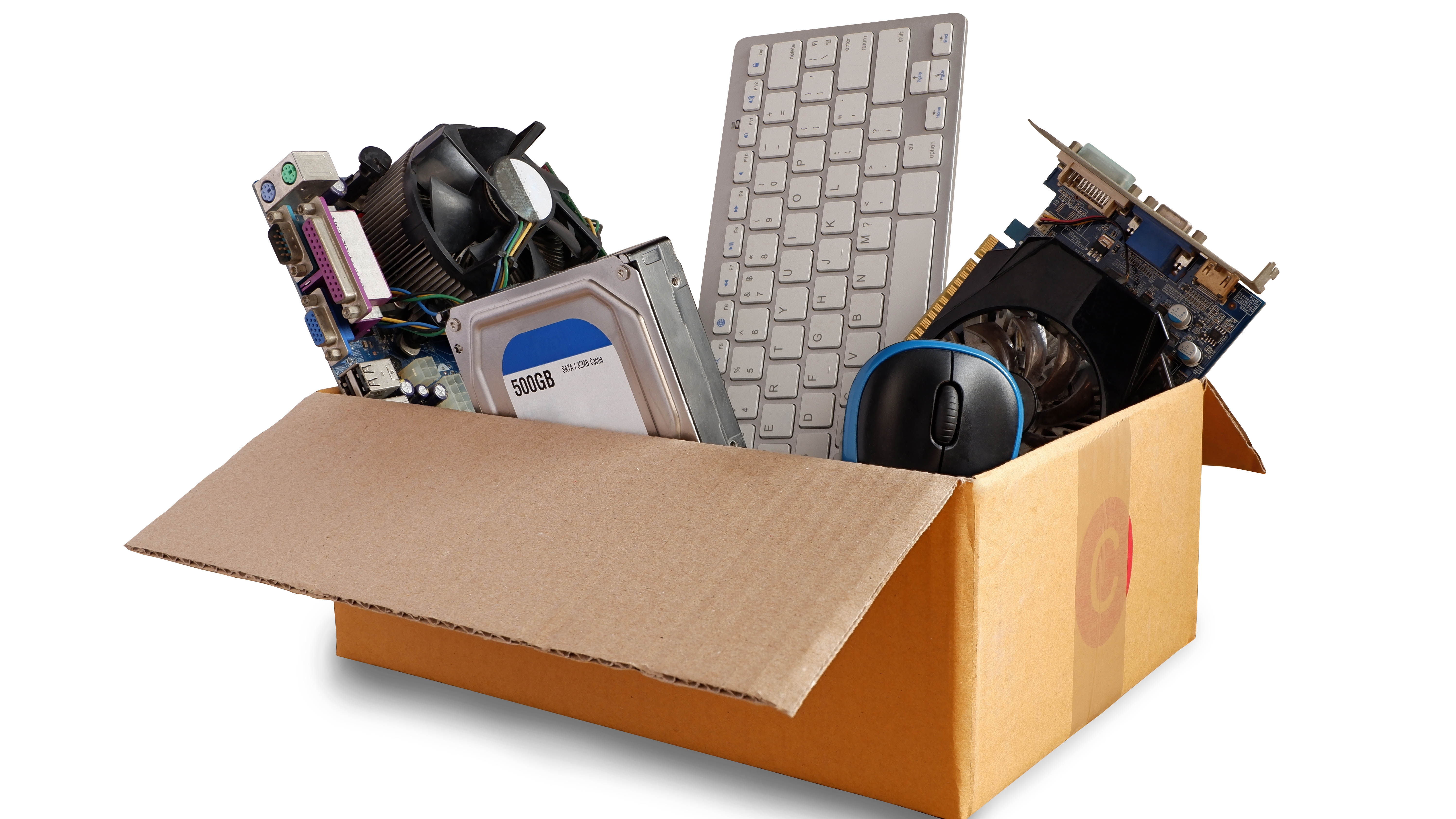
Whether you’ve just upgraded your smartphone, bought a new electric toothbrush or have old/broken electronic devices taking up space in the attic, never dump these items in the trash. Basically, any item that uses a plug, batteries and requires charging, should all be recycled or properly disposed of.
The vast majority of electrical items contain several hazardous substances, such as lead, arsenic and flame retardants that can contaminate the environment — and are illegal to dump on landfills. In addition, high levels of mercury (contained in flat panel displays), can cause serious, and in some cases, fatal health issues.
Check with your local recycling/waste centres to find out where you can dispose of small electronics properly. There are also certain places that will recycle/refurbish old smartphones, tablets or devices.
4. Paints
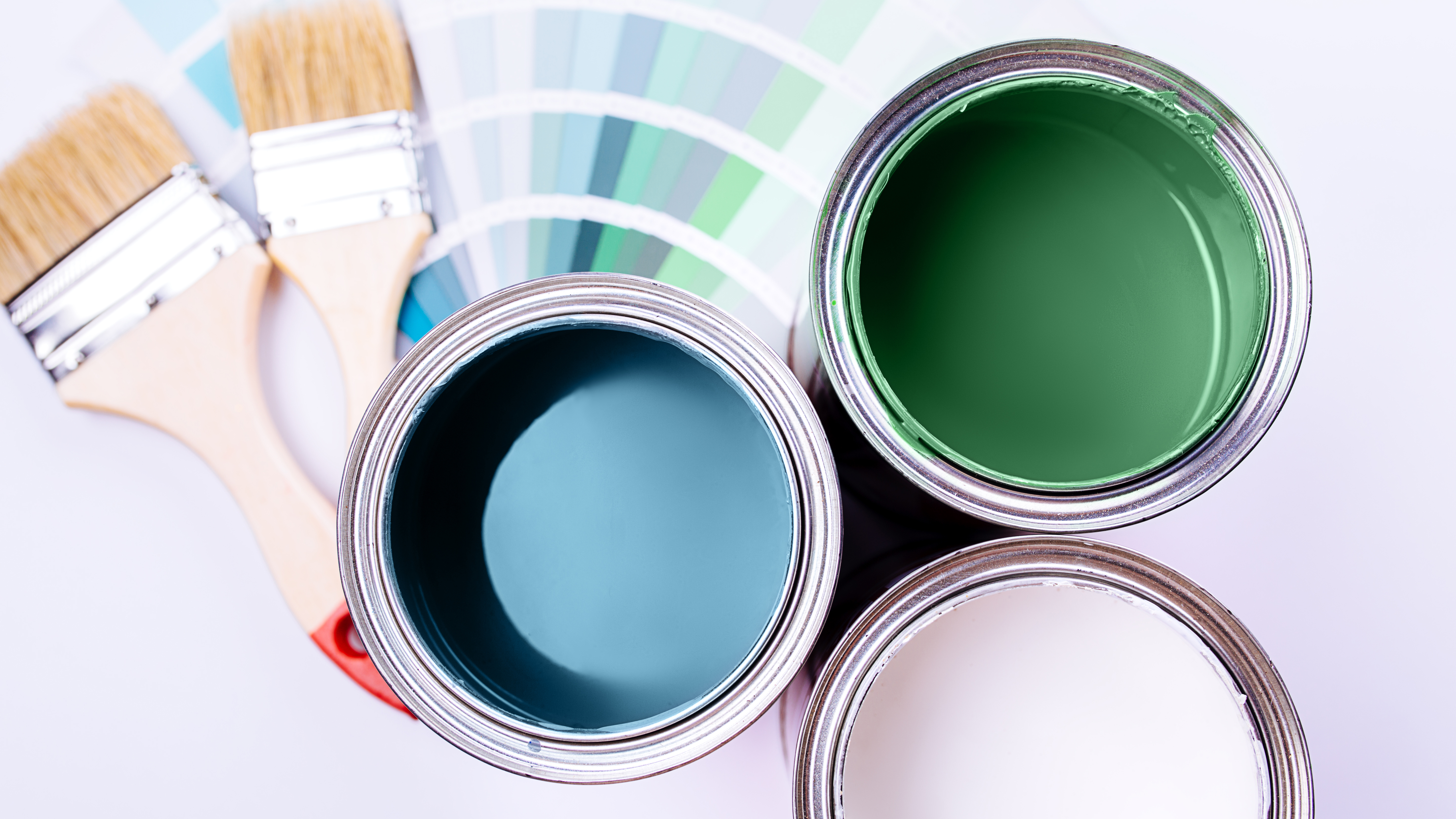
If you’ve just finished a renovation, or have just painted a room, never dump your leftover paint in the trash. Paint is a highly flammable substance, and must be taken to a specific recycling center or HHW facility. If you have water-based paint, these types can get recycled back into new paint, while the majority of clean plastic paint tins will be recycled.
Waste paint is illegal in landfills as it contains hazardous substances that can leak into the ground, contaminate other materials or cause physical harm. In addition, never pour paint down the drain as this can cause blockages, and further pipe damage. It’s always best to wait for liquid paint to dry and harden first before taking it to the proper disposal facility.
Plus, you might want to avoid these paint colors that make your home look cheap!
5. Gasoline
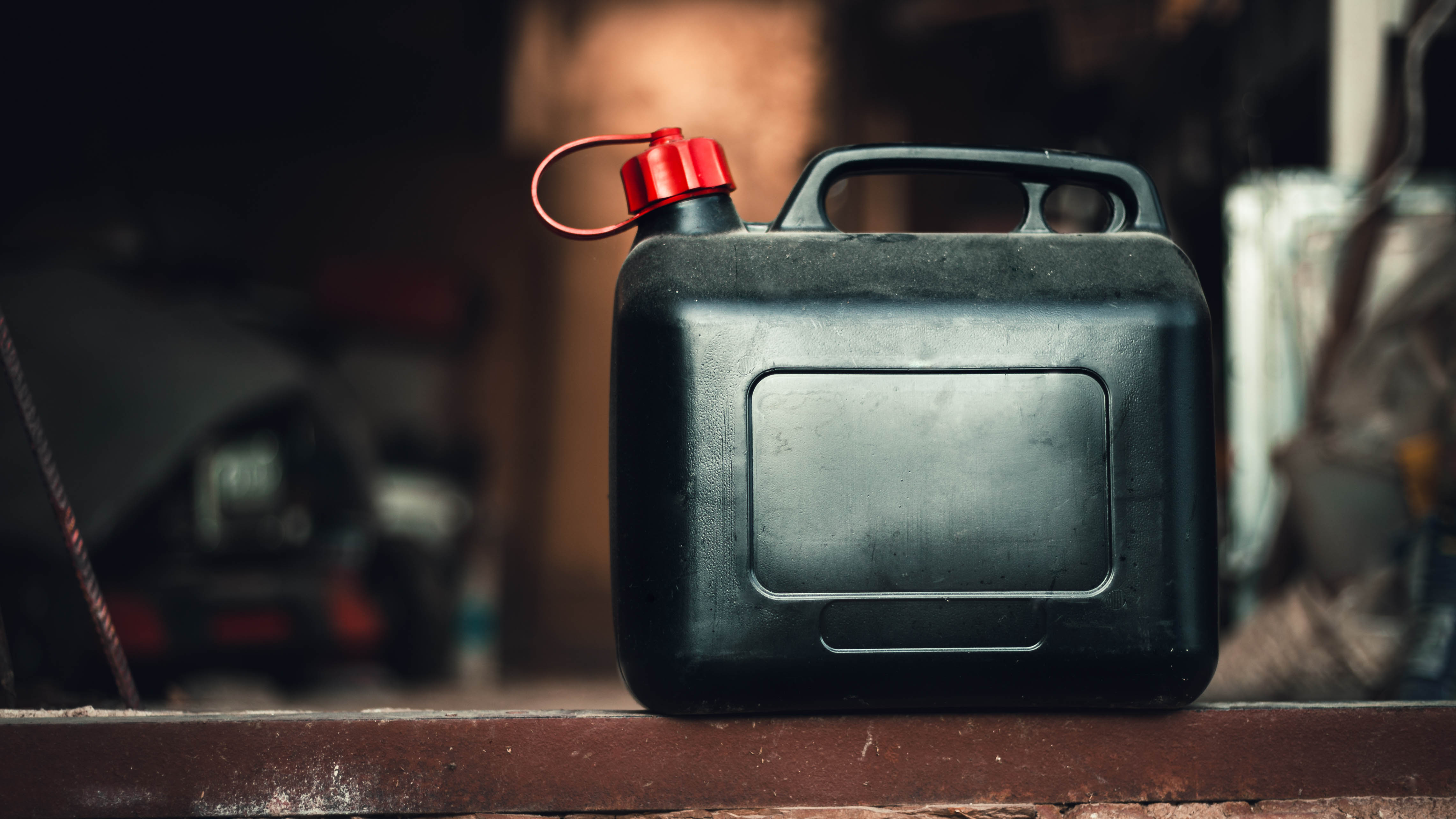
If you have an old can of gasoline stored in your shed and want to get rid of it, putting it in the trash can or pouring it down a drain is a no-no. Not only is gasoline highly toxic, but could cause hazardous injuries, contaminate the environment and more importantly, easily catch fire.
Gasoline, diesel and other engine oil are all types of hazardous waste, and you can usually recycle these by contacting your local council or HHW recycling centre.
Before you do however, it’s recommended to carefully pour the substance in a government-certified container that is safe to handle. Alternatively, try your automotive repair shop or gas station should accept motor oil to dispose of.
6. Fluorescent light bulbs
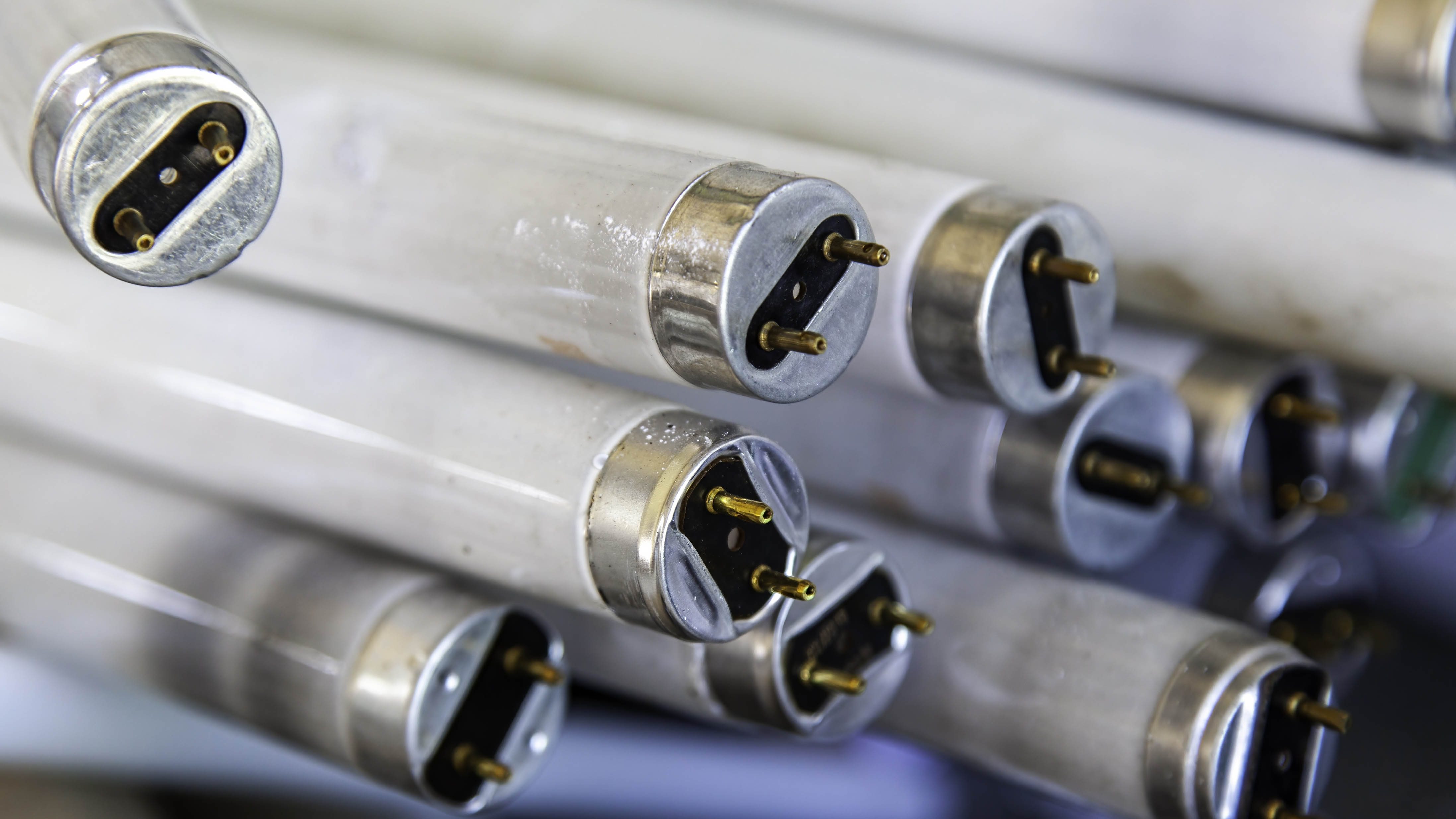
If you have old, compact fluorescent light bulbs or fluorescent tubes lying around, these should not be thrown in the household waste. Also considered hazardous waste, fluorescent lights contain five milligrams of mercury, as well as lead and cadmium. Once mercury is present in the environment, this can cause serious harm to infants and pets, and can develop breathing problems in some cases.
As a result, these will need to be disposed of properly at special recycling centres, since such chemicals will be harmful to the environment and to humans.
Instead, invest in one of the best smart lights for your home, which are also cheaper to run than incandescent and halogen light bulbs.
7. Thermometer
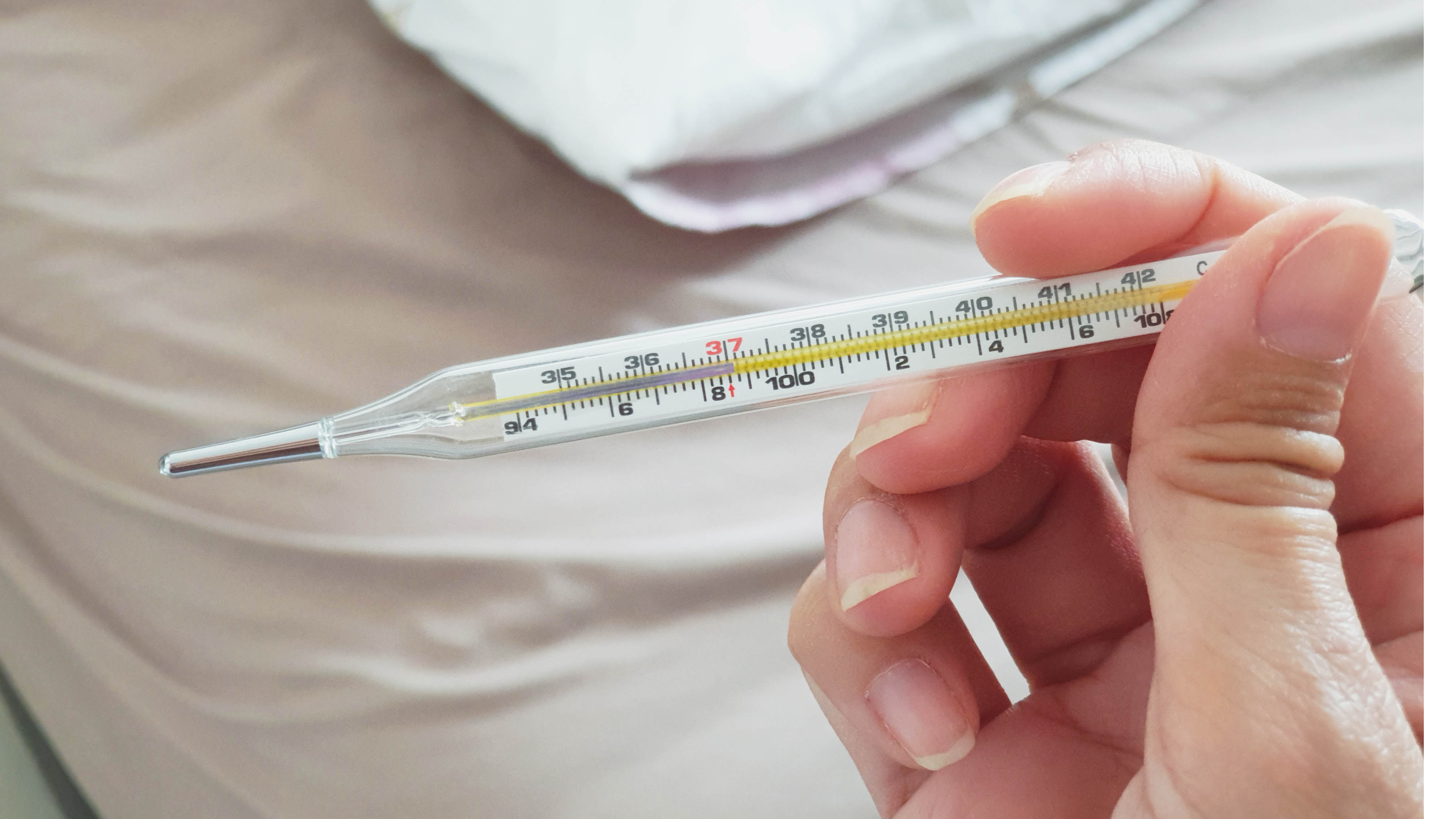
If you (or your parents) still have that old-fashioned, glass thermometer lying around, don’t throw it in the trash. Typically, glass thermometers contain mercury, which is highly toxic and dangerous. What’s more, if the glass is accidentally broken, this could cause a chemical leak — creating a serious health and environmental hazard. In particular, pregnant women and children are at high risk if exposed to spilled mercury.
It’s always best to place the old thermometer in a hazardous waste container, and take it to a specialist waste disposal place. Again, you can search for your local council or HHW recycling centre, where they will handle such toxic items safely.
Other items that are illegal to dump
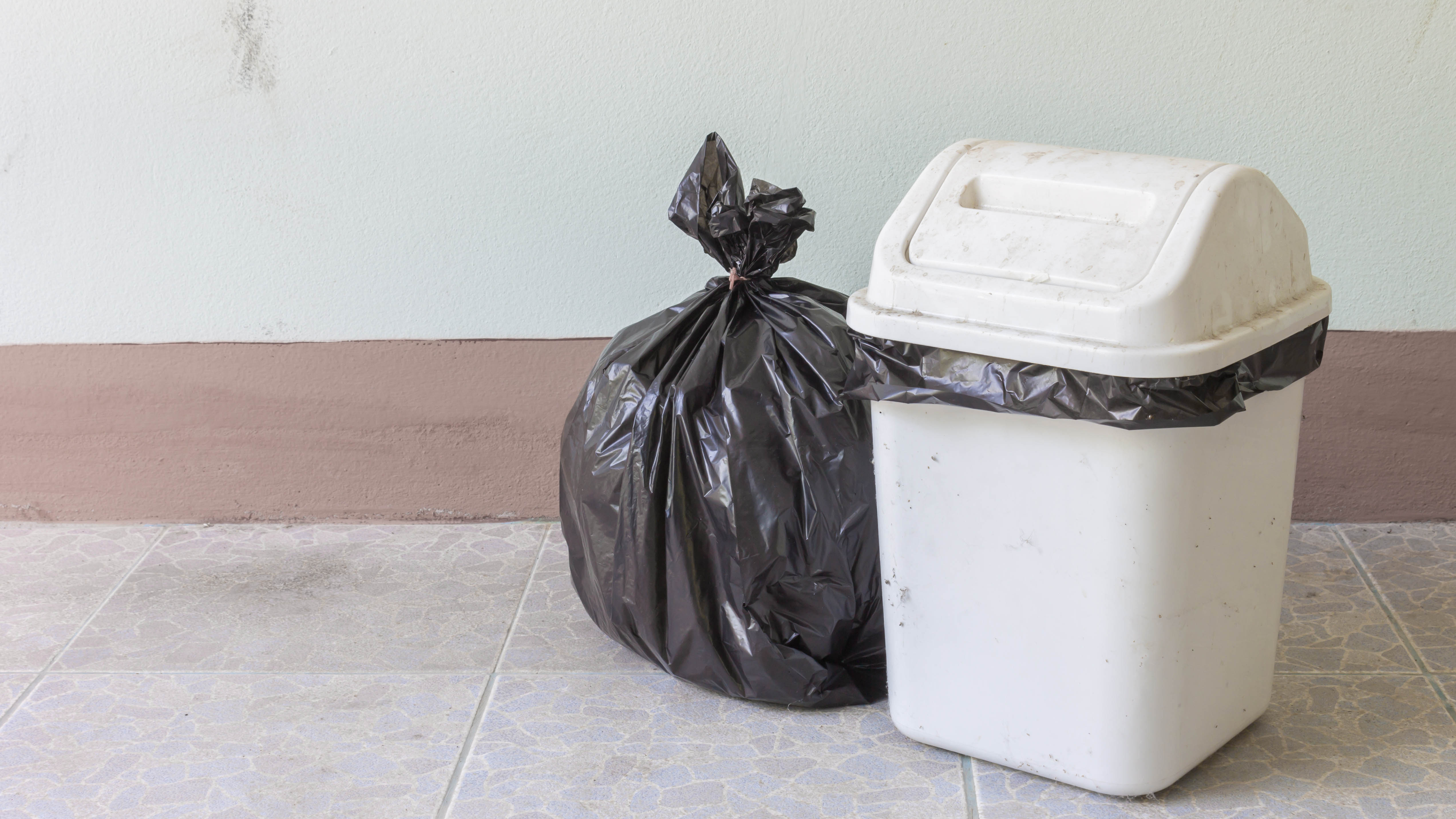
- Asbestos materials
- Car tires
- Fireworks
- Lighters
- Thermostats
- Lawn care chemicals
Where to safely dispose of hazardous items
Most local areas have HHW collections to take certain hazardous items. However, you can visit Earth911.com (U.S only), to find out exactly where to bring items locally for safe disposal.
More from Tom's Guide
- Check out these 9 things you didn't know you could do with borax
- Or these 11 things you didn't know you could clean with toothpaste
- Plus, these are 7 things you should never store in the shed

As the Homes Content Editor, Cynthia Lawrence covers all things homes, interior decorating, and garden-related. She has a wealth of editorial experience testing the latest, ‘must-have’ home appliances, writing buying guides and the handy ‘how to’ features.
Her work has been published in various titles including, T3, Top Ten Reviews, Ideal Home, Real Homes, Livingetc. and House Beautiful, amongst many.
With a rather unhealthy obsession for all things homes and interiors, she also has an interior design blog for style inspiration and savvy storage solutions (get rid of that clutter!). When she’s not testing cool products, she’ll be searching online for more decor ideas to spruce up her family home or looking for a great bargain!
 Club Benefits
Club Benefits





